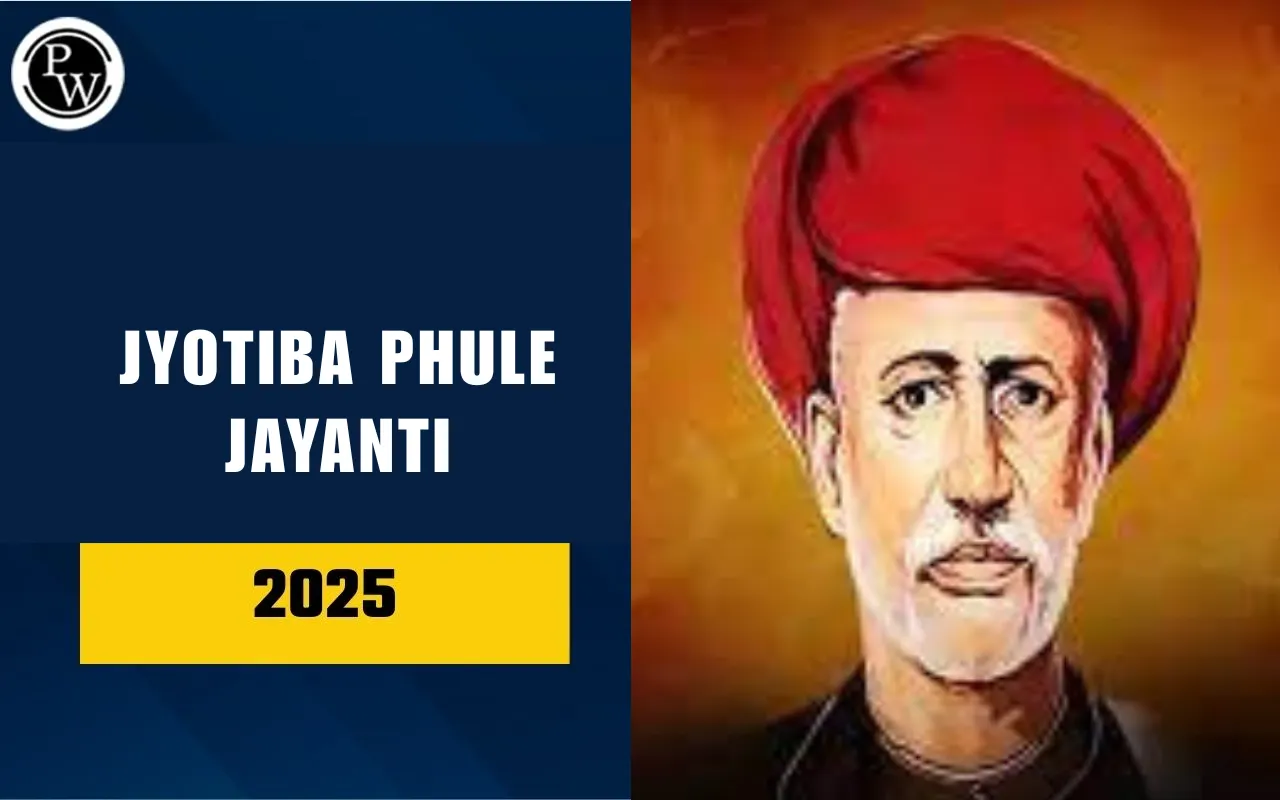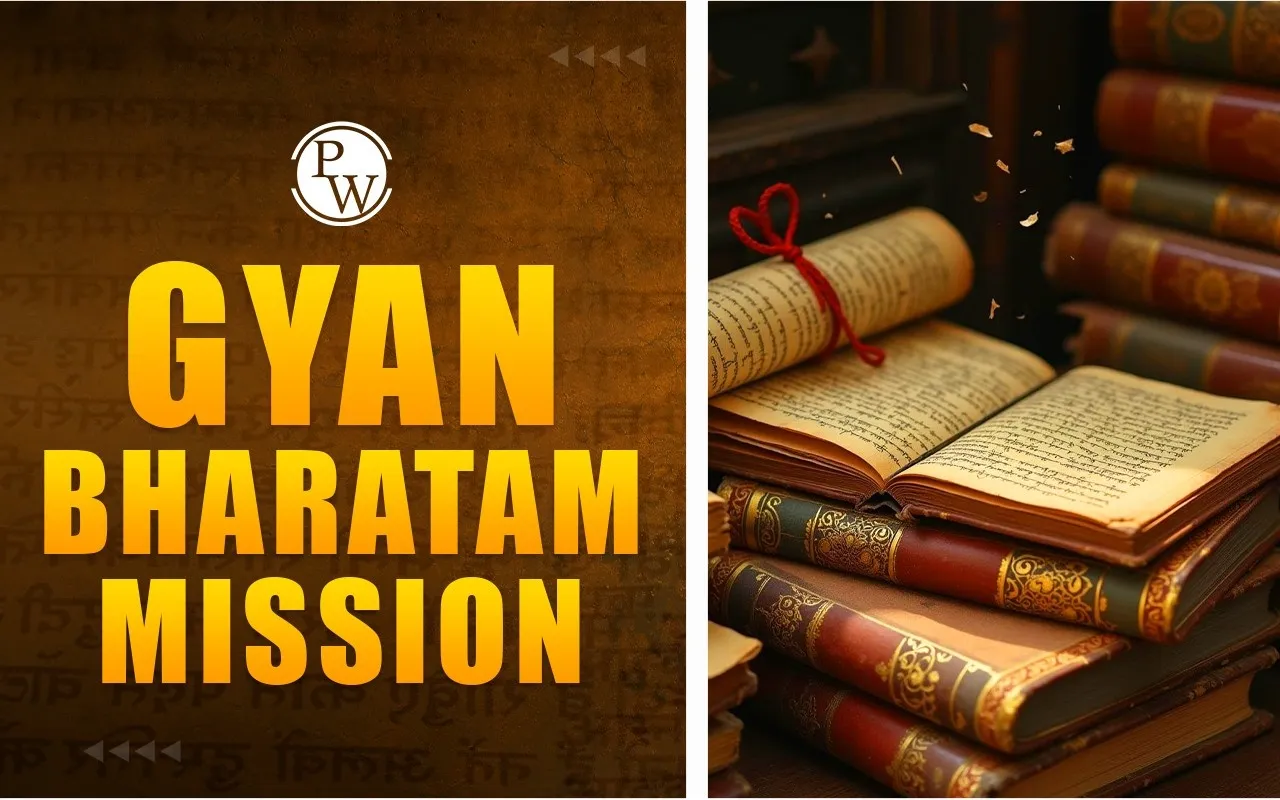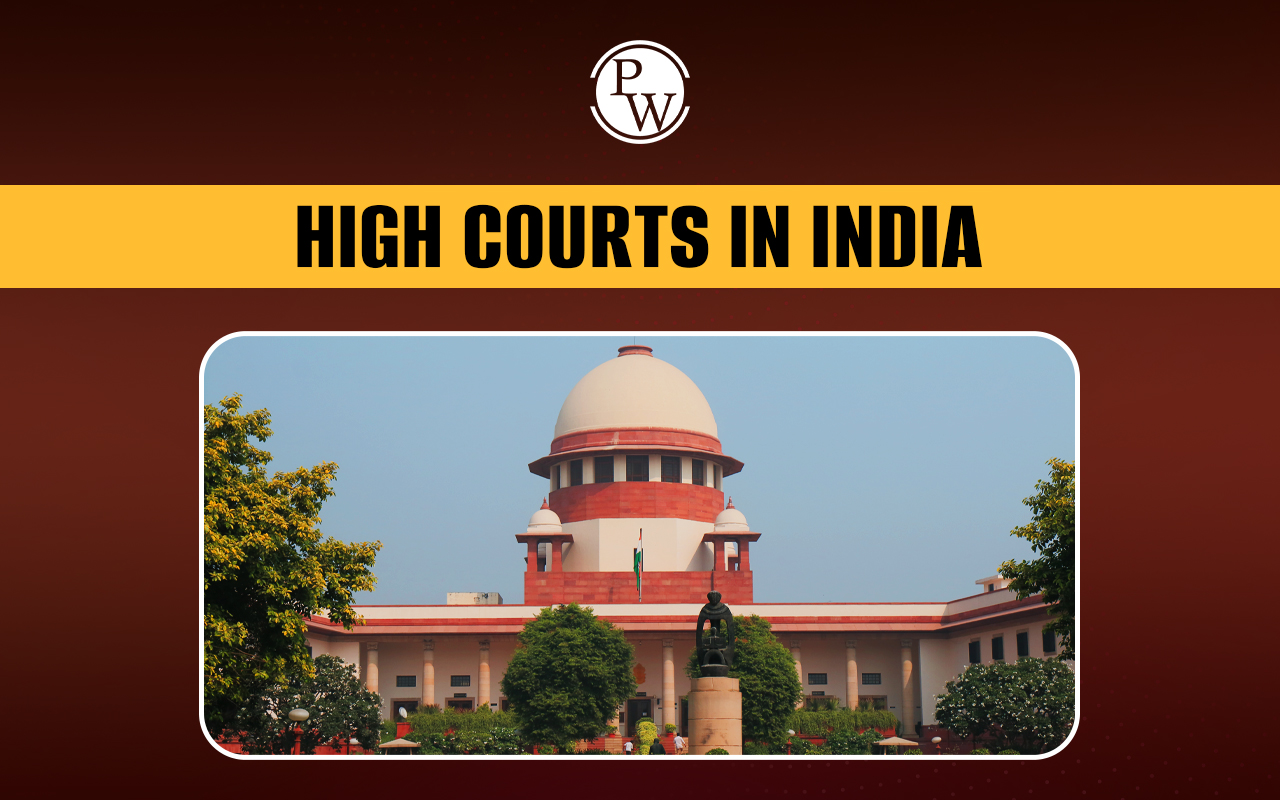
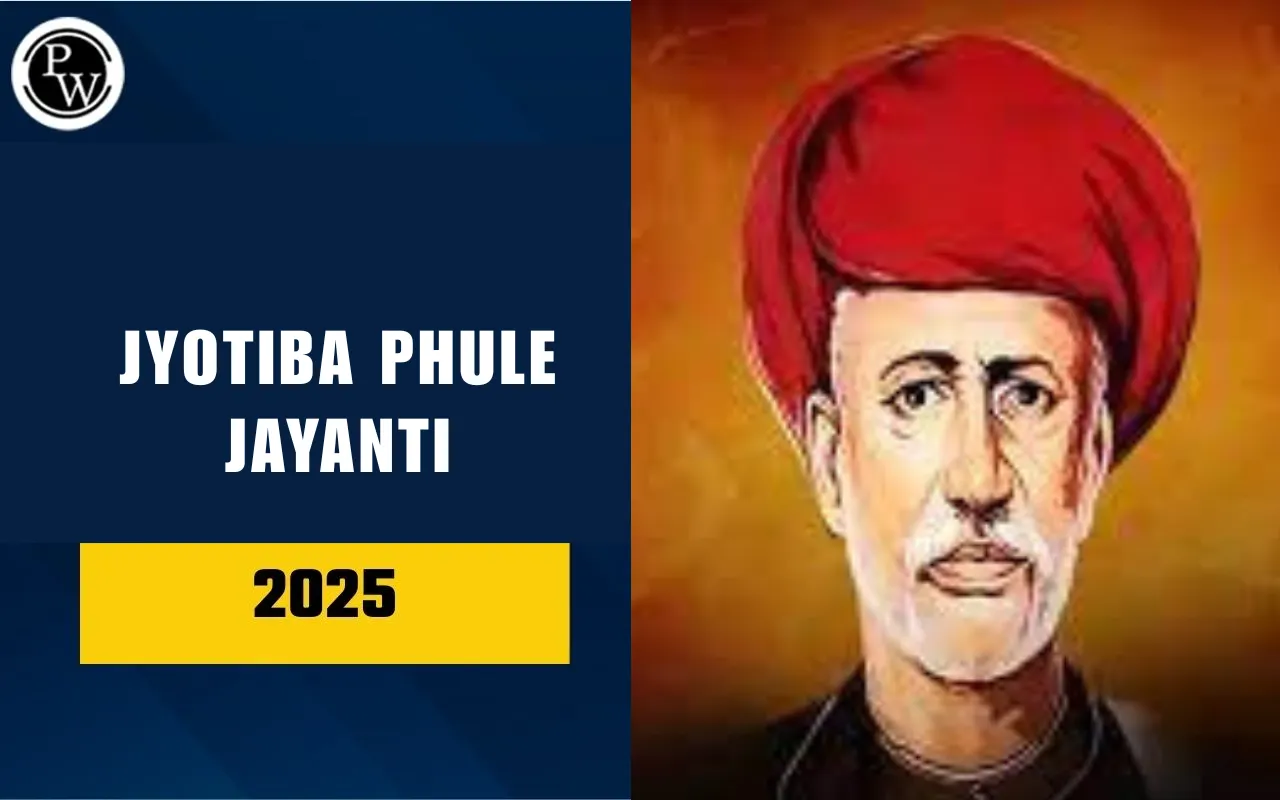
Jyotiba Phule Jayanti 2025 is being celebrated on April 11, 2025. Also known as Mahatma Phule, he was a pioneer of social reform in India. Jyotiba Phule dedicated his life to fighting against caste discrimination and advocating for women's education. His birth anniversary is celebrated as Jyotiba Phule Jayanti to honour his contributions to society. Read on for his biography, contributions, and lasting legacy.
Jyotiba Phule Jayanti 2025
Jyotiba Phule Jayanti is observed every year on April 11th to commemorate his birth. In 2025, the day falls on a Friday. It is a special occasion, especially in Maharashtra, where his contributions to social justice are widely recognized.
Various events, including discussions, seminars, and cultural programs, are held to remember his efforts in uplifting the marginalised sections of society. People from different communities pay tribute to him by organising educational campaigns and highlighting the importance of his work.
Prime Minister Shri Narendra Modi along with other dignitaries paid tribute to Mahatma Phule on his birth anniversary across social media platforms like 'X'. They regarded Mahatma Phule as a true servant of humanity who dedicated his life to the welfare of the poor and marginalized sections of society and whose contributions will continue to inspire generations.
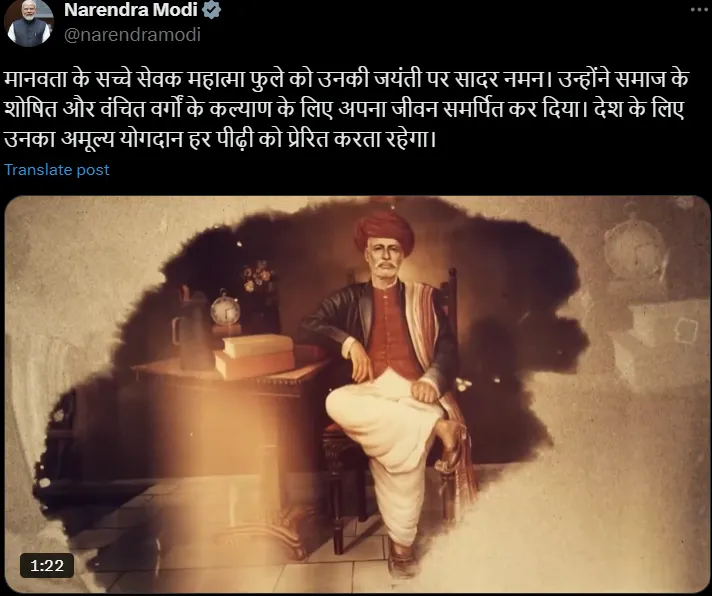
Jyotiba Phule Birth Anniversary 2025
Jyotiba Phule Jayanti date is April 11, 2025. The 199th birth anniversary of Jyotiba Phule in 2025 serves as a reminder of his remarkable impact on Indian society. Born in 1827, Phule was a visionary who believed in the power of education as a tool for social change. His birth anniversary is not just a day of remembrance but also a call to action to continue his mission of social justice.
Jyotiba Phule Biography
Jyotirao Govindrao Phule was born on April 11, 1827, in Pune, Maharashtra. He belonged to the Mali community, which was traditionally engaged in gardening. Despite societal restrictions, he pursued education at the Scottish Mission High School. His exposure to progressive ideas early in life led him to challenge existing caste and gender inequalities.
| Jyotiba Phule Biography | |
| Full Name | Jyotirao Govindrao Phule |
| Title | Mahatma Phule |
| Birth | April 11, 1827, Pune, Bombay Presidency (now Maharashtra), India |
| Death | November 28, 1890 (aged 63), Pune, Bombay Presidency, British India |
| Family Background | Born into a lower-caste Mali family; father was a vegetable vendor, mother died early. |
| Education | Attended Scottish Mission High School in Pune. |
| Spouse | Savitribai Phule |
| Key Contributions |
|
| Literary Works | Gulamgiri (Slavery, 1873), Shetkarayacha Aasud (Cultivator’s Whipcord), Tritiya Ratna (1855) and Brahmananche Kasab (1869) |
| Philosophy | Championed equality, human dignity, and justice; critiqued caste-based oppression. |
| Legacy | Influenced social reform movements |
Jyotiba Phule’s Contribution to Social Reform
Jyotiba Phule made groundbreaking contributions to Indian society through his work in education, caste reform, and social justice. Some of his significant contributions include:
-
Women's Education: In 1848, he established the first school for girls in Pune. His wife, Savitribai Phule, played a crucial role as a teacher, breaking societal norms and empowering women through education.
-
Satyashodhak Samaj: He founded the Satyashodhak Samaj (Society of Truth Seekers) in 1873. This organisation worked towards abolishing caste discrimination and promoting equal rights for all sections of society.
-
Abolition of Untouchability: Phule actively opposed untouchability and opened his home and water sources to people from lower castes. He believed that every human being deserved dignity and respect.
-
Support for Widow Remarriage: At a time when widows were ostracised, Phule advocated for their right to remarry and live with dignity. He also established homes for widows, providing them with shelter and opportunities for self-reliance.
-
Critique of the Caste System: His book Gulamgiri (Slavery), published in 1873, criticised caste-based oppression in Indian society. It called for an end to discrimination and advocated for equality.
-
Advocacy for Farmers' Rights: Phule highlighted the exploitation of farmers by landlords and moneylenders. He fought for their rights, demanding fair treatment and economic justice for agricultural workers.
His contributions laid the foundation for future social justice movements, inspiring social reform.
Jyotiba Phule’s Legacy
The impact of Jyotiba Phule’s work continues to shape India’s social fabric. His legacy includes:
-
Foundation for Social Justice Movements: His fight against caste discrimination and inequality paved the way for various movements advocating for social justice in India.
-
Women’s Empowerment: His emphasis on women’s education led to a gradual shift in societal attitudes, ultimately improving literacy and opportunities for women.
-
Inspiration for Policy Changes: Many of his ideas influenced policies aimed at promoting social welfare and equality in India.
-
Recognition by the Indian Government: The Government of India has acknowledged his contributions by issuing stamps in his honour and incorporating his teachings into educational curricula.
To conclude, Jyotiba Phule’s efforts to create a more just and equal society continue to be relevant, inspiring new generations to work toward an inclusive India. As we celebrate Jyotiba Phule Jayanti 2025, revisiting his teachings and working towards an equitable society is essential.
For UPSC aspirants looking to understand social reform movements for the upcoming exam, enrolling in PW UPSC Courses can provide structured guidance and deeper insights into these crucial topics!
| Related Post | ||
| UPSC CSAT Online Coaching | UPSC Syllabus 2025 | UPSC CSAT 2025 |
| UPSC Syllabus In Hindi | UPSC CSAT previous year papers | UPSC CSAT Formula |
Jyotiba Phule Jayanti 2025 FAQs
When is Jyotiba Phule Jayanti 2025?
Who was Jyotiba Phule?
When is Jyotiba Phule's birth date?
What was Jyotiba Phule's contribution to society?
What was the main objective of Satyashodhak Samaj?

